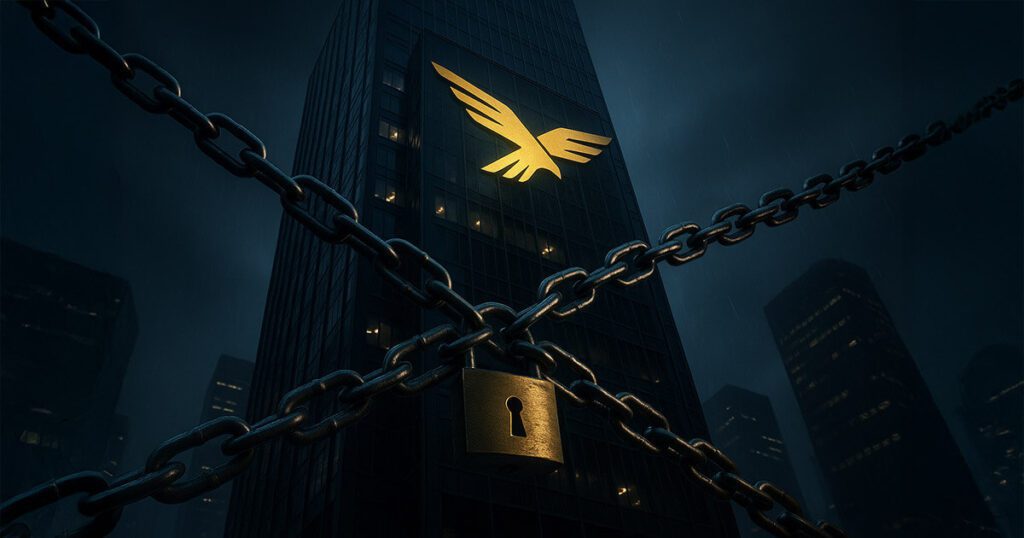Polygon developer Bruno Skvorc attacked World Liberty Financial (WLF) on Saturday, accusing the company of stealing his funds. In X’s post, Skvorc wrote:
“… They stole my money and it’s the @potus family so I can’t do anything about it.”
Skvorc is one of hundreds of users, including Tron’s founder and WLF investor Justin Sun, whose tokens have been frozen by WLF.
The Decentralized Finance (DEFI) company is closely linked to US President Donald Trump and his family. The Trump entity owns 60% of the WLF and earns 75% of its revenue from token sales. Trump’s sons, Eric and Donald Trump Jr., are part of the company’s management team. The Trump family won roughly $425 million from the WLF, according to estimates issued by the New Yorker in August.
Skvorc has attached the email responses it received from WLF to the X-Post. The company justified the freeze of tokens “due to high-risk blockchain exposures associated with SKVORC wallets.”
Polygon developers likened WLF to the “New Age Mafia”
Since WLF began trading on September 1, the protocol has blocked at least 272 wallets. Skvorced the protocol as “all fraudulent fraud,” Skvorc noted.
“This is a new era of mafia. No one complains. No one argues. No one pleads. No one pleads.
Skvorc is not the only one to criticize WLF’s assets freeze. In a long X post on Friday, Sun, who invested $45 million in WLF last year, said his assets were “unfairly frozen.”
Furthermore, Sun noted that good financial brands need to be rooted in “equity, transparency and trust.” And he wrote, “it’s not about unilateral actions that freeze investor assets.”
“Such measures (freezing user assets) not only violate the legitimate rights of investors, but also risk undermining broader confidence in the global free finances.”
The WLFI token is trading at around $0.19 at the time of writing, exceeding the all-time high of 67% on release date.


Crypto Investor Blueprint: 5-day course on bag holdings, insider frontrunning, and lost alpha
WLF doubled its move to freeze assets
In X Post, WLF defended its decision to blacklist user wallets, saying:
“WLFI will step in just to protect users and will not silence normal activities.”
The company added that the move was made “just to prevent harm,” and it affected users and affected them.
WLF also shared a breakdown of the blacklist wallets. This showed that 79% of blocked wallets were linked to phishing attacks. The company claimed it preemptively frozen 215 wallets to prevent hackers from ejecting funds. WLF said it is working with legitimate owners of the wallet to secure their respective assets.
The breakdown revealed that WLF blocked 50 wallets at the owner’s request after reporting that the wallet had been infringed. According to WLF, only five wallets were flagged due to high-risk exposure.
Additionally, WLF blocked one wallet due to suspected misappropriation of funds from other users. Once the review is over, the company said it will continue to work with users to verify and secure controls and funds secured and share clear results for each category of wallet.
On-Chain Thruce ZACHXBT praised WLF’s approach, but noted the risk of a reputation for blacklisted false positives. Zachxbt pointed out:
“The problem is that ‘high-risk’ exposures are wrong, so in most cases we can’t rely on a compliance tool as a team. ”
Zachxbt writes that all top compliance tools are flawed and that WLF does a better job than others like Circle, but warned that most teams can’t find the right balance.
It is mentioned in this article




